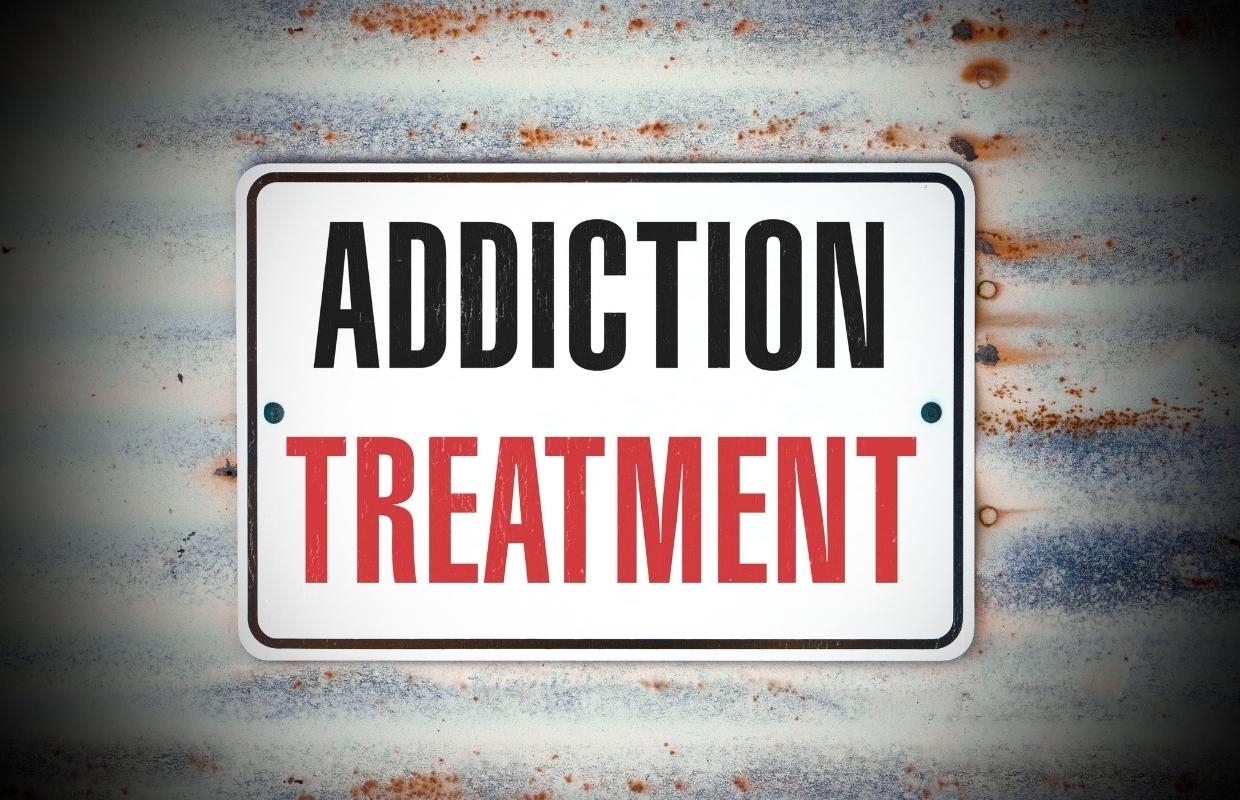Understanding Addiction Treatment: Discovering Efficient Programs for Alcoholism Recovery and Mental Health Support
Starting the trip towards recovery from alcohol dependency entails a detailed strategy that deals with both the physical and emotional aspects of dependency. Concurrently, psychiatric therapy and medication-assisted treatments are customized to mitigate the underlying mental health and wellness problems, typically linked with addiction.

The Function of Medical Detoxing in Handling Alcohol Withdrawal
Clinical detoxing plays an essential function in the management of alcohol withdrawal, serving as the first step in the trip towards recuperation. This procedure carefully keeps an eye on and treats the acute physical signs and symptoms of withdrawal that happen when a private stops consuming alcohol. The key aim is to stabilize the person physically and mitigate possible health risks connected with withdrawal, such as seizures and delirium tremens.
Medical specialists often provide medications to alleviate signs, handle pain, and prevent problems. The regulated setting ensures security, addresses dietary shortages, and prepares people for the next phases of dependency therapy. Effective detoxing is vital, as it forms the foundation for more therapeutic treatments, focusing on long-lasting recuperation and regression prevention.
Psychiatric Therapy Techniques for Double Diagnosis Therapy
Adhering to the stablizing provided by medical detoxification, psychiatric therapy ends up being a vital component in treating people with a twin medical diagnosis. Cognitive Behavioral Therapy (CBT) is commonly employed to resolve maladaptive thinking patterns, assisting clients comprehend and manage their actions and emotions properly. Dialectical Habits Therapy (DBT), which stresses the development of dealing abilities to handle tension, manage feelings, and improve partnerships, is particularly beneficial. Integrative approaches, integrating components from different therapeutic methods, tailor treatment to specific needs, improving the effectiveness of double medical diagnosis administration. Via these psychotherapeutic techniques, people gain understandings into their addicting actions and mental wellness issues, cultivating an alternative recuperation process and dramatically boosting their top quality of life.

The Importance of Medication-Assisted Therapy (MAT)
MAT utilizes FDA-approved medicines, such as naltrexone, buprenorphine, and methadone, to stabilize mind chemistry, block the euphoric effects of alcohol, and alleviate food cravings, leading the means for a sustainable healing. By sustaining the biological basis of dependency, Floor covering addresses the thorough health requirements of individuals, assisting in boosted outcomes in recuperation programs.
Integrating Alternative Treatments Into Alcohol Addiction Recovery
Although Medication-Assisted Treatment (MAT) is vital, integrating alternative treatments can significantly improve the healing procedure for those fighting alcohol dependency. Holistic therapies encompass a variety of non-medical healing approaches that concentrate on healing the mind, body, and spirit (telehealth addiction treatment). Each of these methods intends to enhance mental wellness, reduce tension, and boost total well-being, thereby supporting the psychological and emotional aspects of healing.
Browsing Assistance Equipments and Area Resources for Continual Recovery
After dealing with the individual's holistic needs in alcohol dependency recovery, focus must additionally be provided to exterior aspects that contribute to sustained soberness. Support systems and community resources play essential duties in this stage. Efficient recovery programs stress the relevance of developing Clicking Here solid networks, which can consist of support system like Alcoholics Anonymous, family participation, and recuperation mentoring. Community sources such as sober living setups and neighborhood psychological health and wellness services give functional support and a safety internet during vulnerable times. Engaging with these resources urges liability, reduces sensations of isolation, and boosts durability versus relapse. Continual recuperation is therefore seen not only as a person's journey residential alcohol treatment centers however as a community-supported process, cultivating an atmosphere where consistent recovery is supported and commemorated.
Conclusion
In final thought, reliable alcohol dependency local rehab clinics recuperation programs include a multifaceted strategy that consists of clinical detoxification, psychotherapy, and medication-assisted treatment. Incorporating alternative treatments and leveraging assistance systems are important for resolving both physical and mental wellness obstacles. Such comprehensive care not only aids manage withdrawal signs however likewise sustains lasting soberness and psychological wellness, thereby improving an individual's ability to lead a healthier and extra fulfilling life post-recovery.